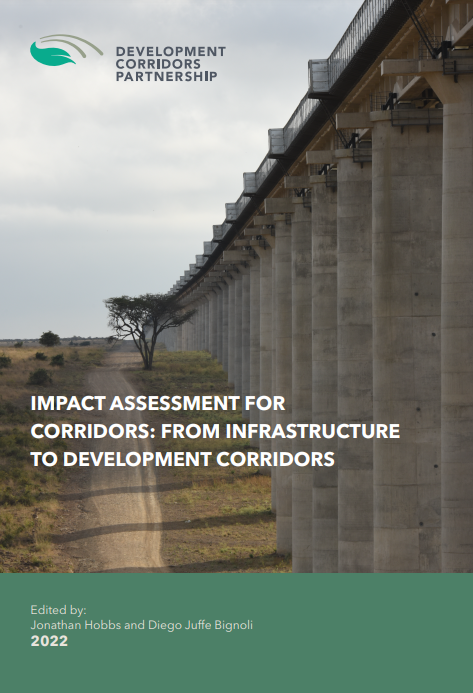
Book Launch: ‘Impact Assessment for Corridors: From Infrastructure to Development Corridors’
This ambitious project was led by the late Jon Hobbs, an independent consultant with decades of experience in impact assessment, and Diego Juffe-Bignoli, former UNEP-WCMC staff. The legacy of Jon Hobbs, who sadly passed away in September 2021, will be felt by all those who will benefit from this expansive resource. The book can be accessed here: http://developmentcorridors.org/impact-assessment-for-corridors/
“This report compiles case studies, developed by independent experts and researchers, of how impact assessments of development corridors have unfolded in Africa, Asia and Latin America and builds from these to put forward best practice guidelines and principles to achieve better outcomes for nature and people”.
Diego Juffe Bignoli, co-editor of the book, independent consultant.
Development Corridors: The Lessons Learned
Case studies developed by over 50 independent experts and researchers from all regions point to the same primary lesson: that corridor planning must meaningfully involve affected stakeholders in the decision-making processes, especially in early stages when the decision to go ahead takes place, be adaptable to climate change, and incorporate best practice in impact assessment tools and procedures. The book highlights that environmental impact assessment tools must be tailored to local contexts and environments to properly establish risk.
Development corridors need to follow national laws and regulations which require Environmental Impact Assessments for each project and, in some countries, Strategic Environmental Assessment is required for large strategic development initiatives. However, many of these assessments do not meet international standards in relation to biodiversity impacts and stakeholder engagement. One such set of international standards are the International Finance Corporation (IFC) Performance Standards. Specifically, IFC Performance Standard 6 is considered best practice in biodiversity impact assessment.
The book concludes with ten principles for better development corridor planning.
“I am delighted to see this sourcebook as it provides guidance to help countries and development partners deliver sustainable growth for people in the developing countries, and also highlights one of the synthesis areas of our DCP project where we have focused on improving the impact of development corridors”.
Lisen Runsten, Project Manager on the Development Corridors Partnership, UNEP-WCMC
If you are interested in how to make infrastructure development more sustainable, you can follow the Infrastructure and Nature Coalition, which UNEP-WCMC is a part of.
